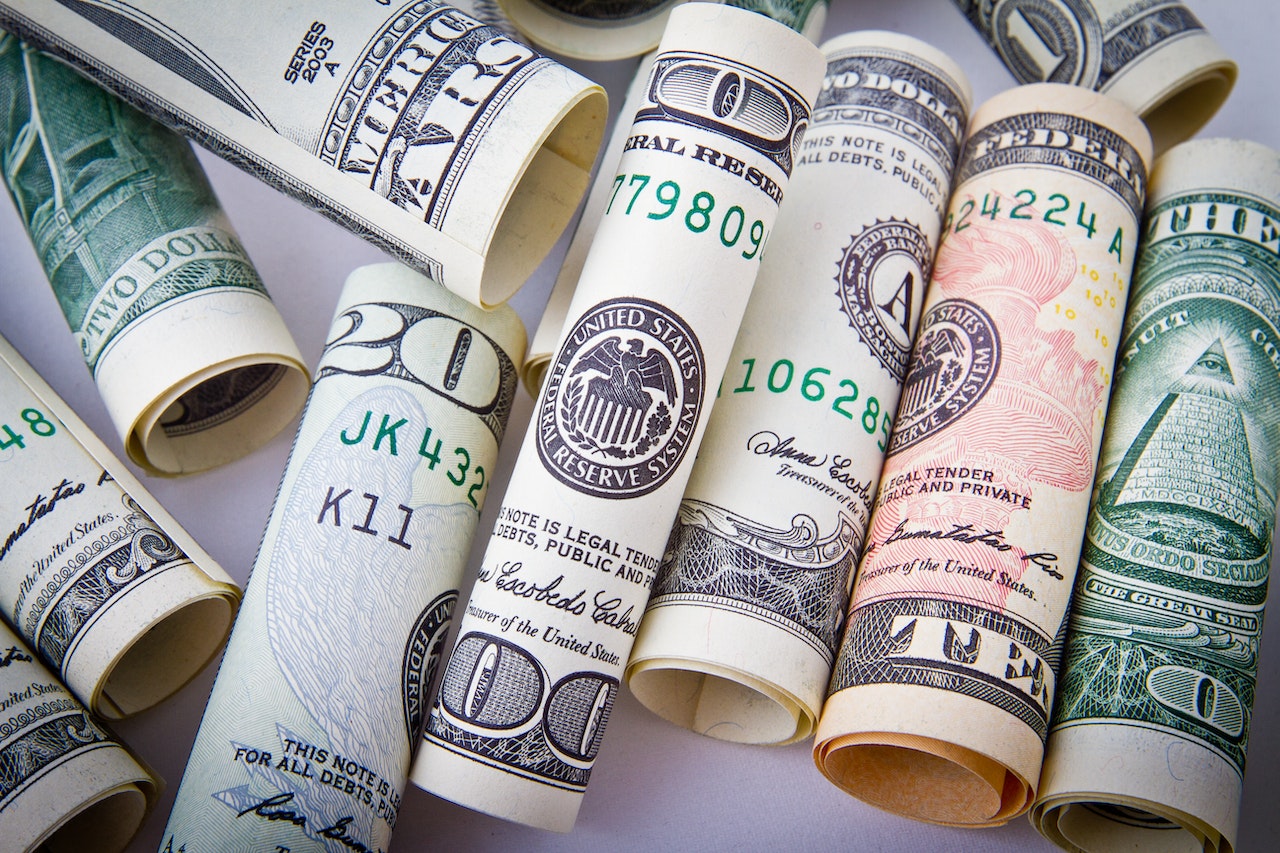Understanding the Pros and Cons of Unsecured Personal Loans
In today’s world, personal loans have become increasingly popular as a solution for individuals in need of financial assistance. Unsecured personal loans, in particular, are a type of loan that does not require collateral and are typically based on the borrower’s creditworthiness. While these loans offer several advantages, it is essential to understand their pros and cons before deciding whether they are the best option for you.
Pros of Unsecured Personal Loans:
1. No collateral required: Unlike secured loans that require collateral, such as a car or property, unsecured personal loans do not put your assets at risk. This is particularly beneficial for individuals who do not own valuable assets or are not comfortable pledging them as collateral.
2. Simplicity and convenience: Applying for an unsecured personal loan is generally a straightforward process. Many lenders offer online applications, making it more convenient and time-saving. Additionally, loan approval for unsecured loans is typically faster compared to secured loans.
3. Versatile use of funds: Unsecured personal loans provide borrowers with the flexibility to use the funds for various purposes. Whether you need to consolidate debt, cover medical expenses, finance a vacation, or make home improvements, these loans can be used for any legitimate personal expense.
4. Lower risk for borrowers: As unsecured loans do not require collateral, borrowers can feel a sense of relief knowing that their assets are not at stake. In the event of default, lenders cannot seize any property, which can provide borrowers with some peace of mind.
Cons of Unsecured Personal Loans:
1. Higher interest rates: One of the significant drawbacks of unsecured personal loans is that they often come with higher interest rates compared to secured loans. The absence of collateral makes lenders take on more risk, resulting in higher interest charges to offset that risk. It is crucial to consider the interest rates carefully and evaluate whether the loan is affordable.
2. Stricter eligibility criteria: Since unsecured personal loans are based mainly on the borrower’s creditworthiness, lenders tend to have stricter eligibility criteria. A good credit score is often required for loan approval, and individuals with a poor credit history may find it challenging to qualify or may be charged higher interest rates.
3. Limited loan amounts: Unsecured personal loans typically have lower borrowing limits compared to secured loans. Lenders may be hesitant to lend large amounts without any collateral to secure the loan. Therefore, if you require a substantial sum of money, you may need to explore alternative financing options.
4. Potential for debt accumulation: The ease and convenience of obtaining an unsecured personal loan can sometimes lead to poor financial habits. Borrowers may be tempted to take on more debt than they can handle, leading to a cycle of borrowing and potentially accumulating substantial debt.
Unsecured personal loans are a popular financial tool that can provide individuals with quick access to cash without the need for collateral. Unlike secured loans, unsecured personal loans are not backed by any asset, such as a car or a house. Instead, they are based solely on the borrower’s creditworthiness.
Before considering an unsecured personal loan, it is important to understand the pros and cons associated with this type of borrowing. By carefully evaluating these factors, individuals can make an informed decision about whether or not an unsecured personal loan is the right choice for their financial needs.
One of the main advantages of unsecured personal loans is the ease and convenience of the application process. Unlike secured loans that require extensive documentation and appraisal of collateral, unsecured personal loans typically have a streamlined application process. This means that borrowers can often receive approval and access to funds within a short period of time, making it an ideal solution for those who need immediate cash.
Another benefit of unsecured personal loans is the flexibility they offer. Borrowers can use the funds for a variety of purposes, such as debt consolidation, home improvements, medical expenses, or even a dream vacation. Unlike some other forms of borrowing, there are generally no restrictions on how the funds can be used, giving borrowers the freedom to use the money in a way that best suits their needs.
Furthermore, unsecured personal loans can be a useful tool for building credit. By consistently making on-time payments, borrowers can demonstrate their creditworthiness and improve their credit score. This can be particularly beneficial for individuals with limited credit history or a poor credit score, as it can help them establish a positive credit profile.
However, there are also some drawbacks to consider when it comes to unsecured personal loans. One of the main disadvantages is the higher interest rates compared to secured loans. Since there is no collateral to secure the loan, lenders consider unsecured personal loans to be riskier, leading to higher interest rates. This can result in higher monthly payments and overall borrowing costs.
Additionally, unsecured personal loans may have stricter eligibility requirements compared to other forms of borrowing. Lenders typically evaluate the borrower’s credit score, income, and debt-to-income ratio to determine their creditworthiness. Individuals with a poor credit history or a high level of existing debt may find it difficult to qualify for an unsecured personal loan or may be offered less favorable terms.
Finally, the repayment terms of unsecured personal loans are often shorter compared to secured loans. This means that borrowers may be required to make larger monthly payments to repay the

Leave a Reply